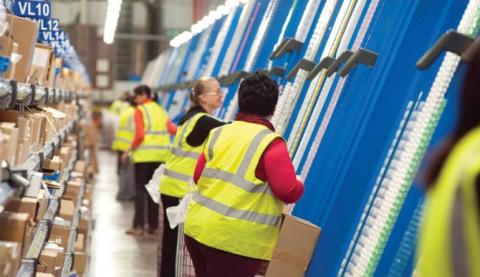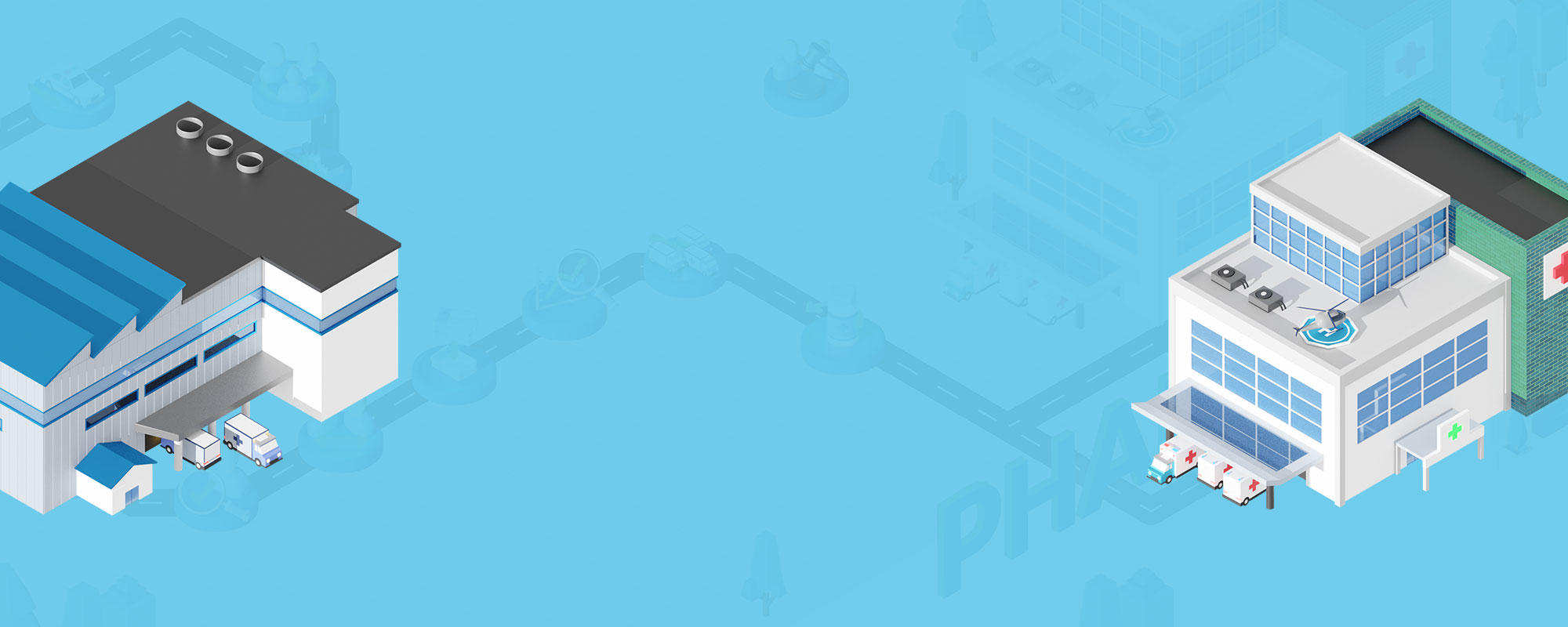News
The Value Dilemma
Value is too often confused with financial cost, when it means far more than that, says BAPW chief executive Martin Sawer
In today’s NHS environment, everyone is being asked to prove their worth. The British Association of Pharmaceutical Wholesalers (BAPW) members are no exception – especially in the world of enders. We do believe that we add value. But this is too often seen as simply the financial cost of a service.
Value is perhaps an overused word. It should have positive connotations and a quality feel to it. However, it is often used as an excuse for doing something negative, as in “getting value out of a new agreement or contract”, which usually means taking out cost to benefit one party at the expense of another. In other words, value is often equated with efficiency and “value for money”. So what does value mean in the medicines supply chain context?
From Discovery to Delivery
The value of most members of the supply chain is accepted. We all understand that the discoverer and manufacturer of a particular medicine has created value by their important, and often life-saving creation for patients. We understand they want to recoup the costs of research and development, and make enough to continue researching and creating other new medicines.
The generic manufacturer knows that they are ensuring that the UK taxpayer is getting good value by offering an alternative to brands – a must for a competitive and open market.
The value of wholesalers, on the other hand, is sometimes forgotten. But the distributors of these life-saving medicines create a “service value” by making sure that all UK pharmacies, doctors and hospitals have enough NHS medicines for their patients, when they need them, and where they need them. The pharmacist or dispensing doctor certainly feels a personal service value in being able to meet an individual patient’s needs, as well as a business value in being reimbursed for dispensing.
Sometimes one or more of these “service values” is taken for granted, or the financial value is chipped away, which means incentives for wholesalers disappear, and we all know the consequences of these actions in any market – including healthcare.
The Bottom Line
There needs to be enough financial value in the system to enable a wholesale business to provide the comprehensive resilient public service it offers today – distributing to thousands and thousands of dispensing points, whatever the physical challenges, up and down the four countries of the UK every day; in fact on average eleven times per week, with emergency deliveries available around the clock. The medicines distribution system can also respond to local epidemics and sudden increases in demand – and there are ‘buffer stocks’ for this purpose – maintained within the wholesale sector.
The key ‘value’ that is imperative in any medicines supply chain is the patient getting their own medicine – it is that simple! Price and cost and financial incentives are all enablers for this, but the true value of our supply chain is in getting all requested medicines to all patients in a timely manner. We forget this at our peril.
When a global logistics services company puts all the post intended for one London street through the first letterbox they come to, as happened last year, it may make for humorous reading, but no lives are put at risk; patients requiring medicines need better value than that.
At a time when pressure on NHS funding is intense, it is essential that existing resources are used efficiently. The pharmaceutical wholesaler and distribution network is just such a resource, and its inherent value still guarantees safe medicine delivery. We all have a responsibility to value our supply chain, because if we do not, then patients will reap the consequences.


